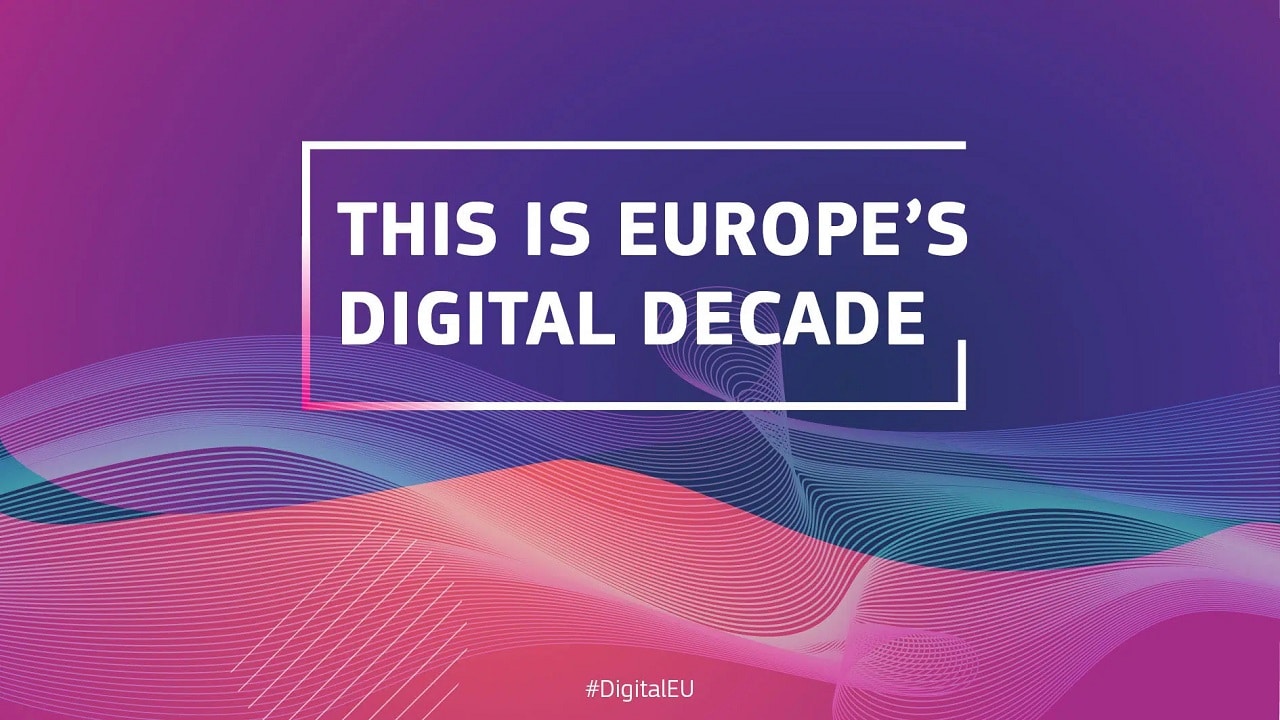In Italy, the percentage of companies that use the cloud technology must increase by 37 percentage points to achieve the objectives of the Digital decade 2030 established by European Commission. This is what emerged from the report published by Deloitte and Vodafone.
The report by Deloitte and Vodafone on the Digital Decade 2030
The Digital Decade of the EU establishes key objectives on different digital areas until 2030 and represents the EU’s vision for digital transformation of Europe. At the same time it is a crucial element for Europe to maintain its own global competitiveness in a rapidly changing world.
According to the report published by Deloitte and Vodafone, in Italy only the 38% of enterprises currently use cloud computing services. In fact, a gap of 37 percentage points was found with respect to the objective of the 75% to be achieved by 2030.
The purpose of cloud services is to make the safer data; they also serve to guide a efficiency processto help companies to growto offer new insights and so on. In short, they are fundamental for the business success.
However, the problems do not end there. The percentage of households covered by VHCN networks is 34% in 2021: this means that there is still a gap of 66 percentage points and bridging this gap is quite challenging.
Digital skills require significant progress
Even the lack of ICT specialists it is helping to slow the path towards the goals of the Digital Decade. This, unfortunately, jeopardizes Europe’s ability to scale the technologies needed to be a leader globally.
At present the number of ICT specialists in the EU is 8.43 milliona number that should at least double to reach the target of 20 million ICT specialists foreseen by the Digital Decade.
L’digital intensity of SMEs has remained relatively flat over the past five years, with an average annual growth rate across the EU between 2016 and 2021 of only 2%. Digital intensity is defined according to the Digital Intensity Index which measures the availability of 12 different digital technologies.
In some cases, Member States are currently further back compared to their targets for 2019, such as the Czech Republic (-14 percentage points) or Portugal (-9 percentage points). Italy, on the other hand, is one of the countries that has had a growth of 11 percentage points.
Funding for Member States will be subject to further changes following the collapse of GDP during the pandemic
Member States whose GDP has fallen more than expected will have a increase in funds and of grants. Germany, Portugal and Spain could see i higher relative increases in grantswhile Ireland, Romania and the Netherlands could see the greater decreases related to grants.
The report highlights four key policy instruments. According to the report, they could help achieve the goals of the Digital Decade. We report them below.
- Coordination between governments: Effective collaboration between Member State governments would help ensure that digital investments are effectively targeted, synchronized and timely.
- Connecting digital ecosystems: The emergence of new digital ecosystems will depend on a diverse range of organizations working together.
- Sharing of dataEnsuring that data is accessible, reusable and secure will help facilitate sharing and support digital ecosystems.
- Demonstration of Digital ValueDemonstrating the value of digital investments through pilot projects and concrete benefit assessments can help unlock further public investment.
To learn more about the report, you can consult the official document.















Leave a Reply
View Comments